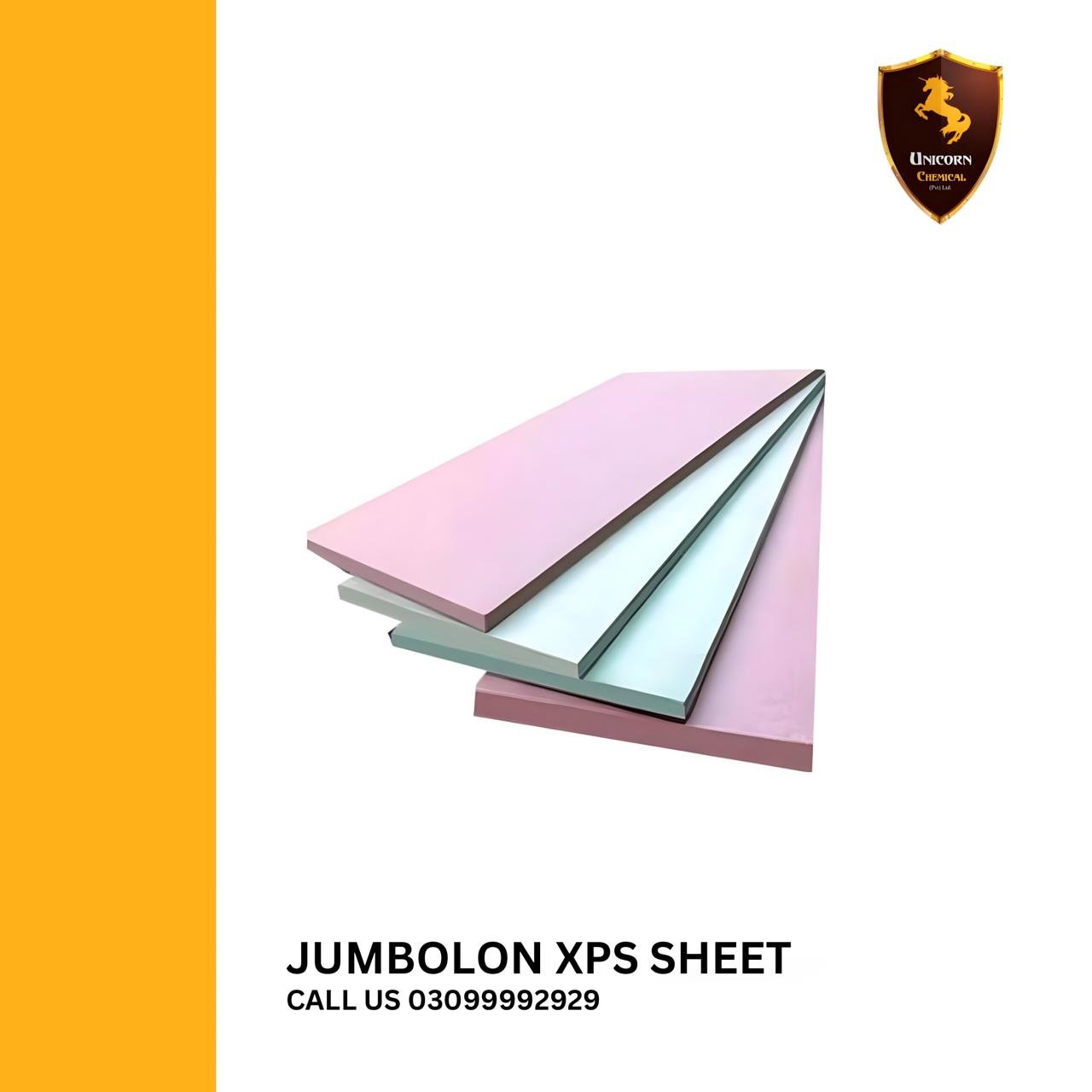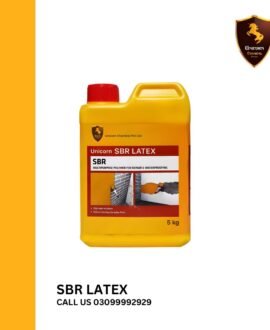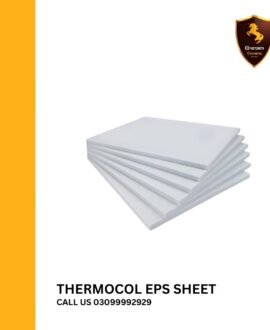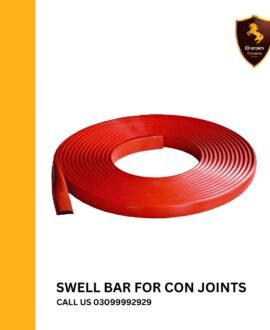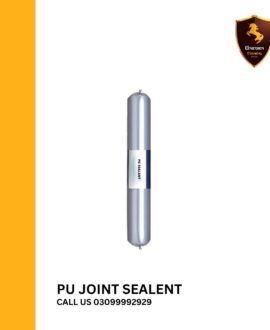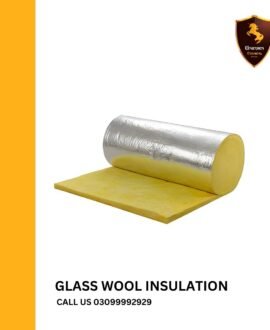XPS Sheets: Advanced Thermal Insulation for Modern Construction
Introduction
In the pursuit of energy-efficient and sustainable building solutions, insulation materials play a pivotal role. Among these, Extruded Polystyrene (XPS) sheets have emerged as a preferred choice for architects, builders, and homeowners. Known for their exceptional thermal resistance, moisture resistance, and structural strength, XPS sheets offer a versatile solution for various construction applications.
What is XPS?
Extruded Polystyrene (XPS) is a closed-cell foam insulation material produced through an extrusion process. This manufacturing technique results in a homogeneous, closed-cell structure that imparts high compressive strength and low water absorption properties to the material. XPS is commonly available in rigid board form, making it suitable for a wide range of building insulation applications.
Key Features of XPS Sheets
1. High Thermal Resistance
XPS sheets are renowned for their excellent thermal insulation properties. With an R-value of approximately 5.0 per inch of thickness, XPS provides consistent thermal performance, reducing heat transfer and enhancing energy efficiency in buildings.
2. Moisture Resistance
The closed-cell structure of XPS imparts low water absorption characteristics, making it highly resistant to moisture intrusion. This feature ensures the insulation’s effectiveness even in damp environments, such as basements and below-grade applications. XPSA+1Environdec+1
3. High Compressive Strength
XPS exhibits high compressive strength, enabling it to withstand heavy loads without deformation. This property makes it ideal for load-bearing applications, including under concrete slabs and in foundation walls. Buy Insulation Online
4. Long-Term Durability
Due to its resistance to moisture and physical degradation, XPS maintains its insulating properties over time, offering long-term performance and reducing the need for frequent replacements. Buy Insulation Online
5. Ease of Installation
XPS sheets are lightweight and easy to handle, allowing for quick and straightforward installation. They can be cut to size using standard tools and adhered or mechanically fastened to various substrates.
Applications of XPS Sheets
1. Foundation and Below-Grade Insulation
XPS is commonly used to insulate foundation walls and below-grade areas, providing a thermal barrier that reduces heat loss and prevents moisture ingress.
2. Roof Insulation
In roofing applications, XPS serves as an effective insulation layer, enhancing thermal performance and contributing to the overall energy efficiency of the building envelope.
3. Wall Insulation
XPS sheets can be applied to both interior and exterior walls, offering continuous insulation that minimizes thermal bridging and improves indoor comfort.
4. Under Slab Insulation
Due to its high compressive strength, XPS is suitable for installation beneath concrete slabs, providing insulation without compromising structural integrity.
5. Cold Storage Facilities
XPS’s low thermal conductivity and moisture resistance make it an ideal choice for insulating cold storage rooms and refrigeration units.
Environmental Considerations
Modern XPS products are manufactured with environmentally friendly blowing agents, reducing their global warming potential. Additionally, XPS insulation contributes to energy savings, lowering greenhouse gas emissions associated with heating and cooling buildings.
Conclusion
Extruded Polystyrene (XPS) sheets offer a robust and reliable insulation solution for various construction applications. Their superior thermal resistance, moisture resistance, and structural strength make them a valuable component in energy-efficient building design. By incorporating XPS insulation, builders and homeowners can achieve enhanced comfort, reduced energy costs, and long-term performance.

